Pune, January 23, 2024: The India Science Festival 2024 (ISF 2024) explored a range of pertinent topics this year, including Climate Change Solutions, AI & Robotics, and Space Research under the theme "Towards Infinity | Mind, Machines, and the Endless Frontier". ISF 2024 was organised at the Indian Institute of Science Education and Research (IISER) on January 20th & 21st by the Foundation for Advancing Science and Technology (FAST India) in partnership with Bajaj Auto. The festival brought together over 60 speakers from prestigious organizations like MIT, Harvard, IISc, IIT, AIIMS, IISER, and Ashoka University.
ISF 2024 was inaugurated by Varun Aggarwal (Cofounder – FAST India, Founder – Aspiring Minds and The Change Engine), Prof. K Vijay Raghavan (Chief Scientific Advisor to ISF, former Principal Scientific Advisor to GoI), Atul Kirloskar (Chairman, Kirloskar Oil Engines Limited), Gauri Kirloskar (Managing Director, Kirloskar Oil Engines Limited), Ajay Mehta (Director, Deepak Nitrite Limited) and Prof Sunil Bhagwat (Director, IISER Pune).
The keynote speaker for this year, Mr. Kris Gopalakrishnan, Co-Founder of Infosys, said, “The potential of talent in India knows no bounds; I truly believe that the 21st century holds immense promise for India, as reflected in the theme of ISF – Towards Infinity. Our strengths lie in the vast population, a market of 1.4 billion people, and a robust education system. Over the next 30 years, the transformation of India will be driven by the students present here. We can cultivate the next generation of multinational corporations and facilitate world-class research right here in India, all thanks to the incredible talent at our disposal.”
Mr. Gopalakrishnan was felicitated as the Industry Science Leader 2024 by Raghunath Anant Mashelkar and Prof K Vijay Raghavan in recognition of his dedication to promoting scientific research and its translation in India, evidenced by his advocacy, generous funding, and instrumental role in founding key scientific institutions.
It was declared during the festival that Pune will serve as the permanent venue for all future editions of the India Science Festival, reinforcing the city's growing status as a hub for scientific discourse and innovation.
One of the highlights of ISF 2024 was "The Best of Unbounded Science – India (BoUnSc India)" with Rannvijay Singh Singha. This segment showcased a fusion of creative talks, photography, and science fiction storytelling. The finale of the ISF flagship competition Talk Your Thesis, held as part of BoUnSc India, saw talented research scholars Spatika Jayaram (PhD student at the University of Cambridge), Parijat Banerjee (BS-MS student at IISER Pune), Ria Vaishampayan (Project fellow, IIT Bombay), and Deepanshi Karwall (MSc student, University of Manchester) compete live – portraying their research in innovative ways. The event concluded with Parijat Banerjee bagging the position of the Talk Your Thesis champion.
The festival featured more than 30 exhibits and workshops, providing hands-on experiences in diverse fields such as prosthetics, AI, automated robots, mental health, food chemistry, and DIY technology. In addition, six JC Bose Science Policy Dialogues were conducted featuring 30+ luminaries including Dr. Annapurni Subramaniam, Dr. Abhay Karandikar, Prof. V Ramgopal Rao, Dr. Arabinda Mitra, Dr. Thomas Barlow, and Dr. Priya Nagaraj.
ISF 2024 successfully underscored the importance of science in daily life and its role in shaping the future.
Speaking at the festival, Varun Agarwal, Co-Founder FAST & Founder ISF, said, “The India Science Festival achieved tremendous success, drawing over 23,000 attendees. Scientists were enthusiastically approached by attendees, treating them like celebrities, eager to ask questions and take selfies. We are confident that we have motivated numerous young individuals to consider a career in science. We also had targeted discussions on science policy, involving participation from industry representatives, scientists, policy experts, and government officials. The aim was to collaboratively develop mechanisms that would propel India to become one of the top three nations in science and technology.”




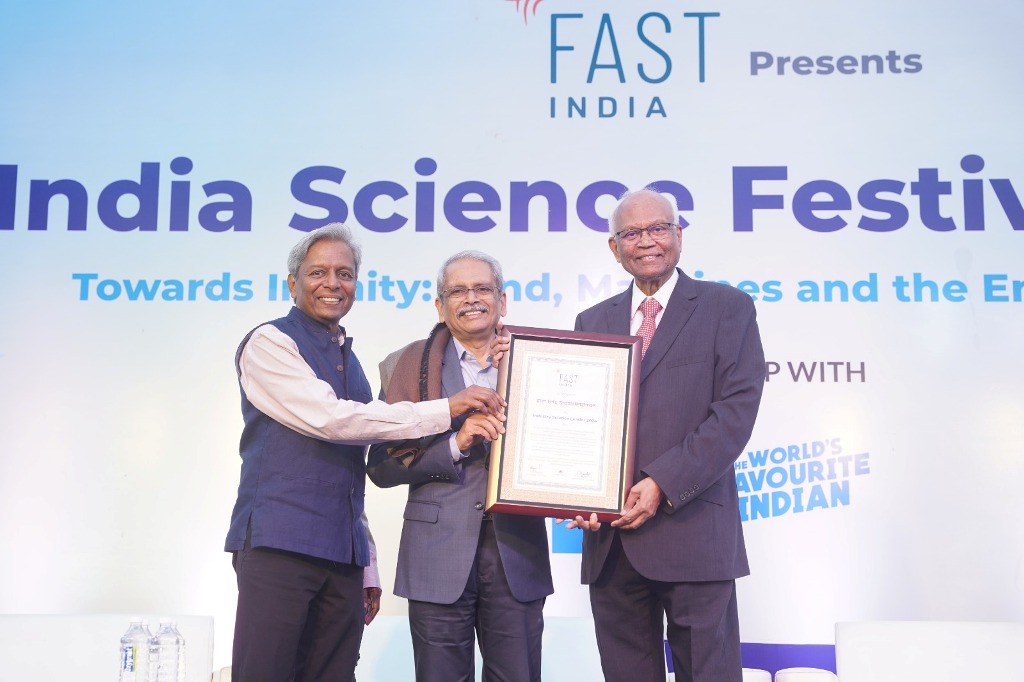


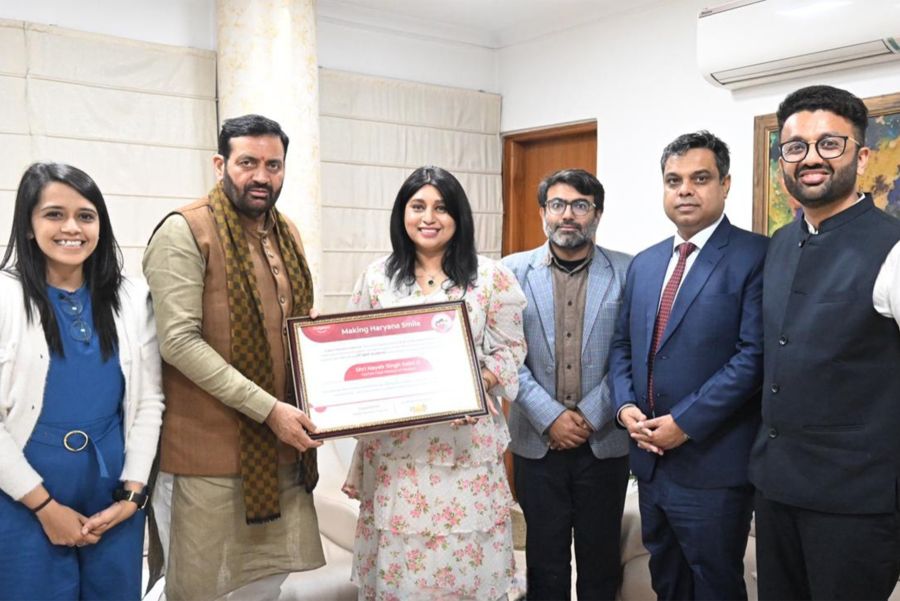
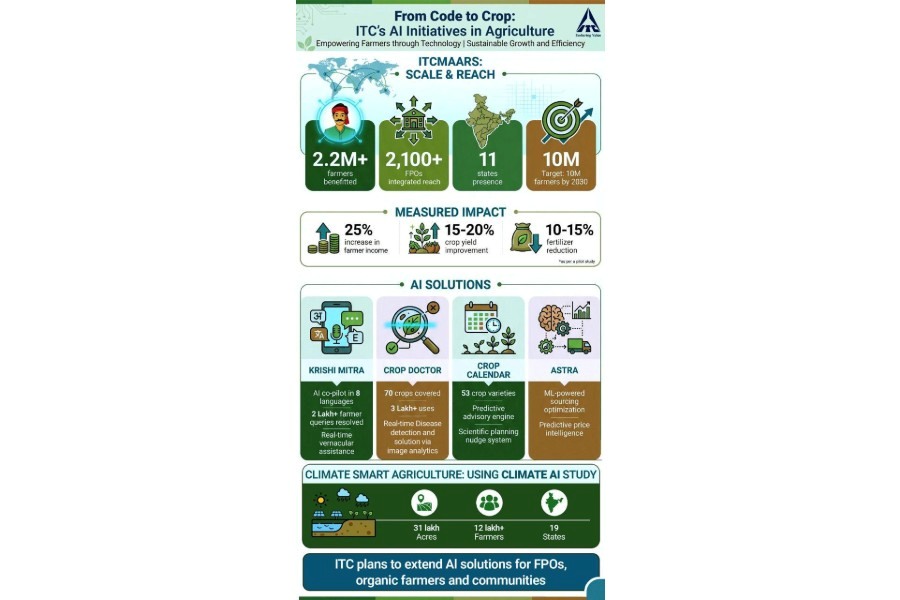
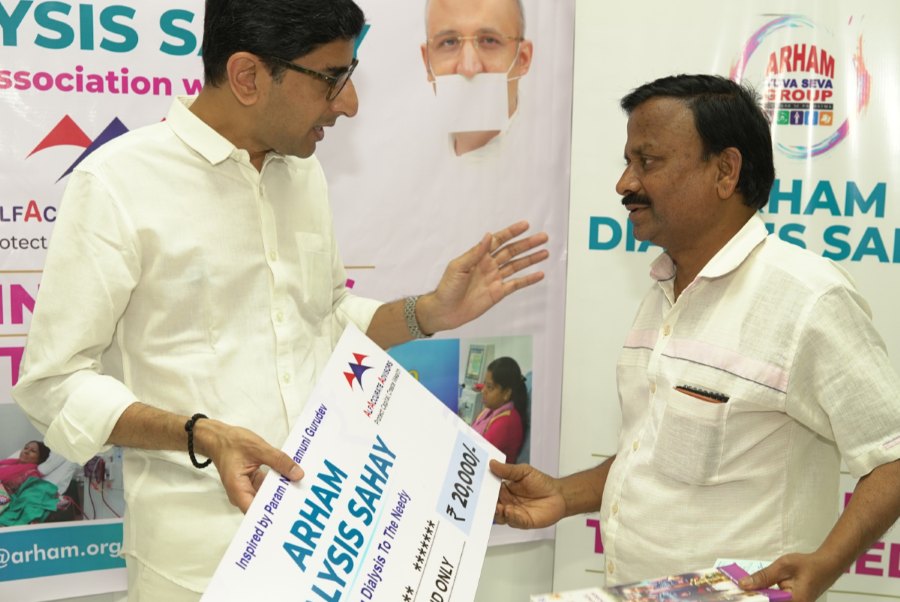
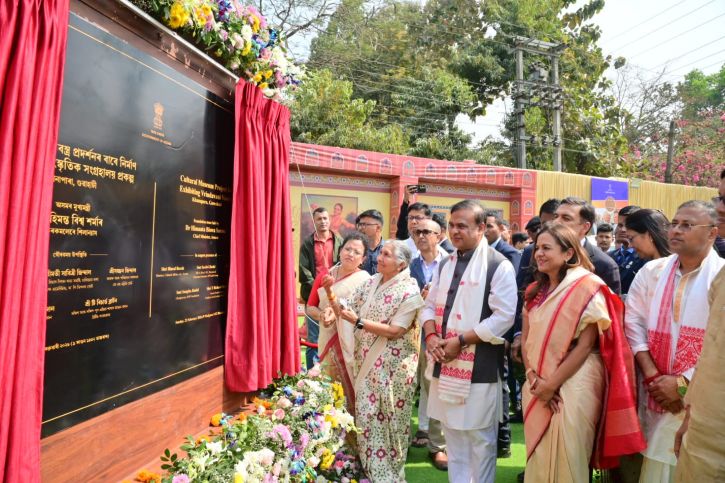
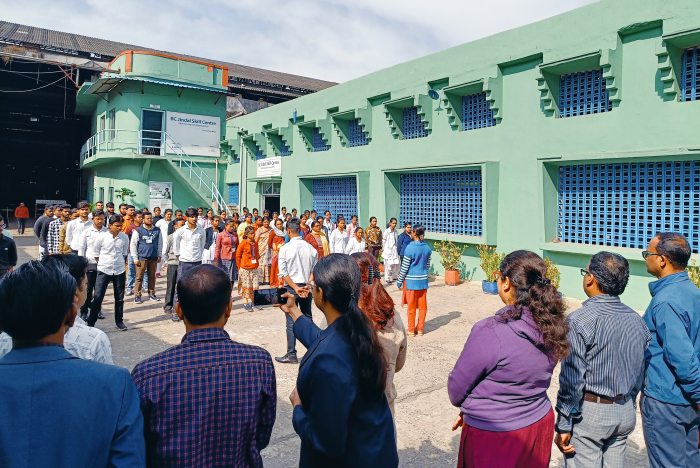
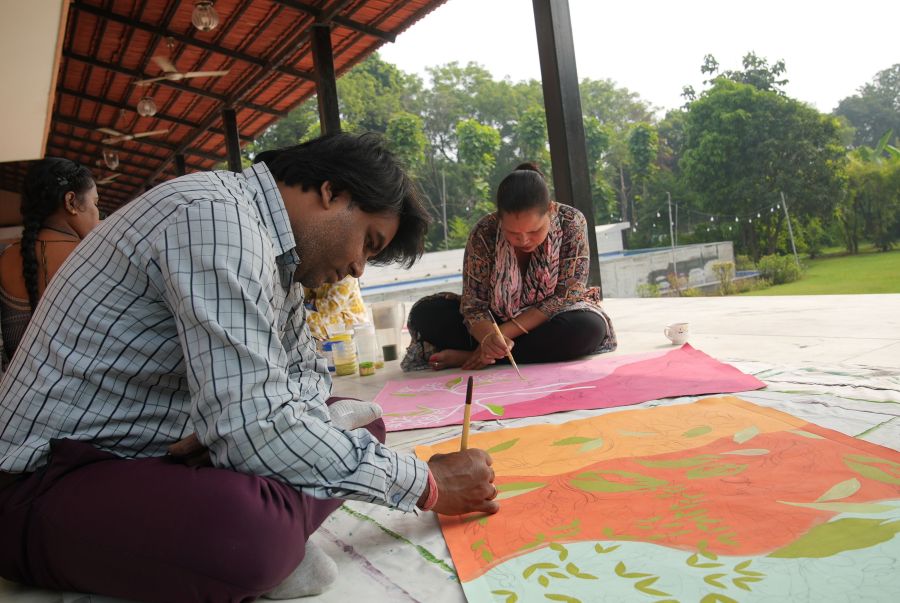
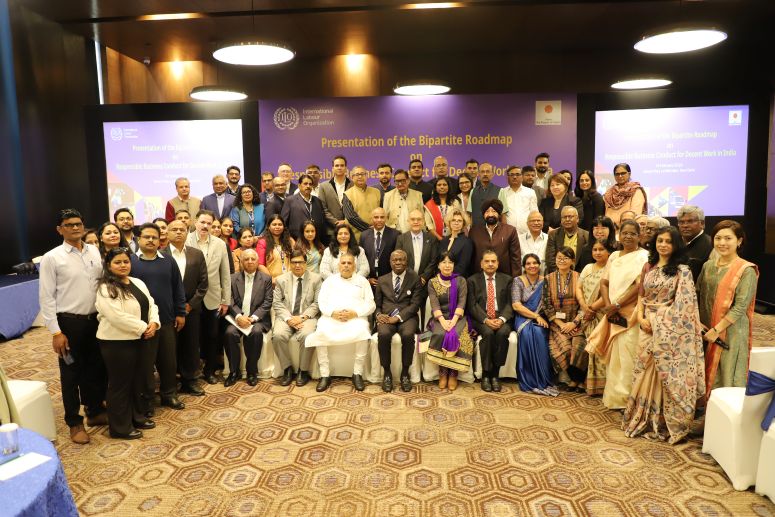







.jpg)



